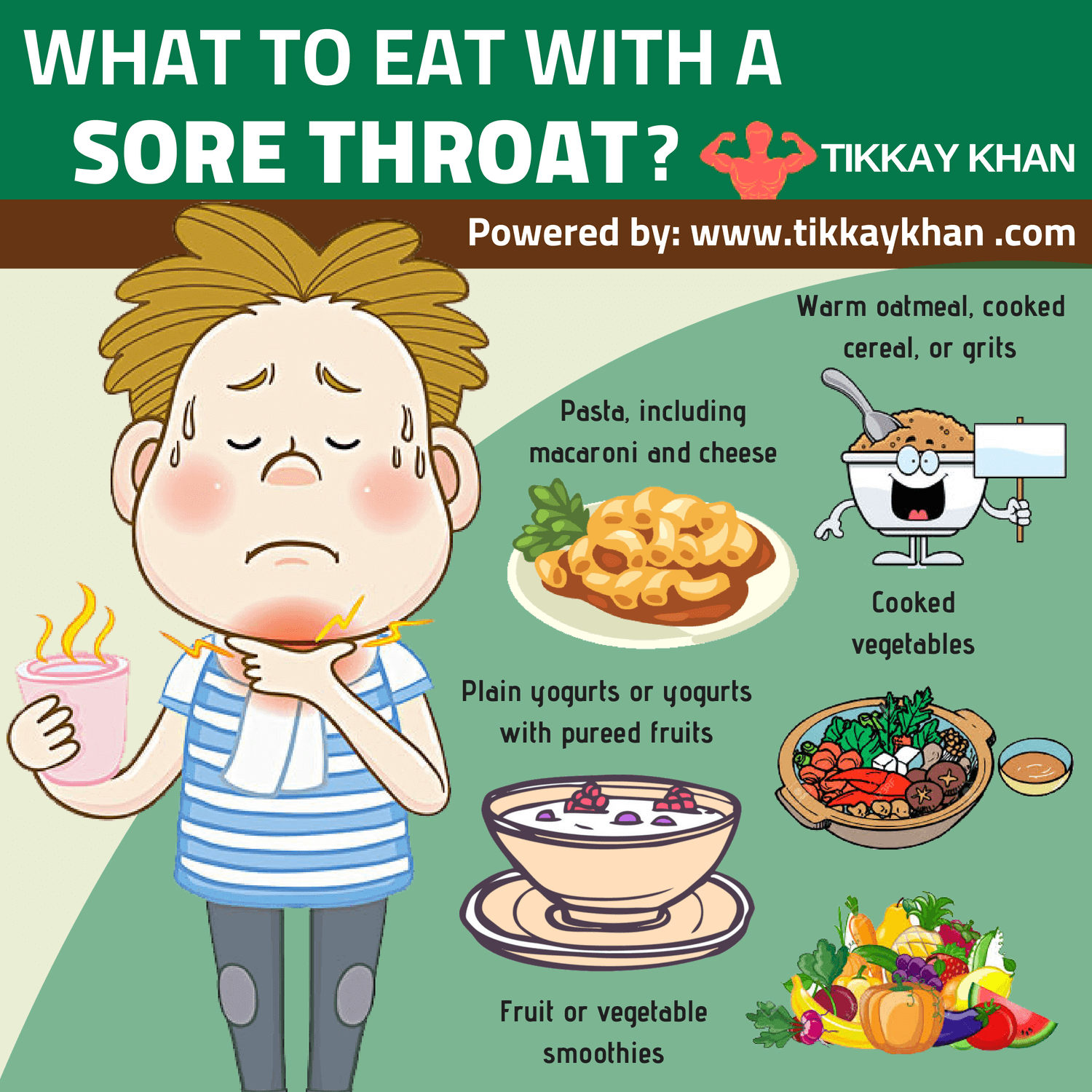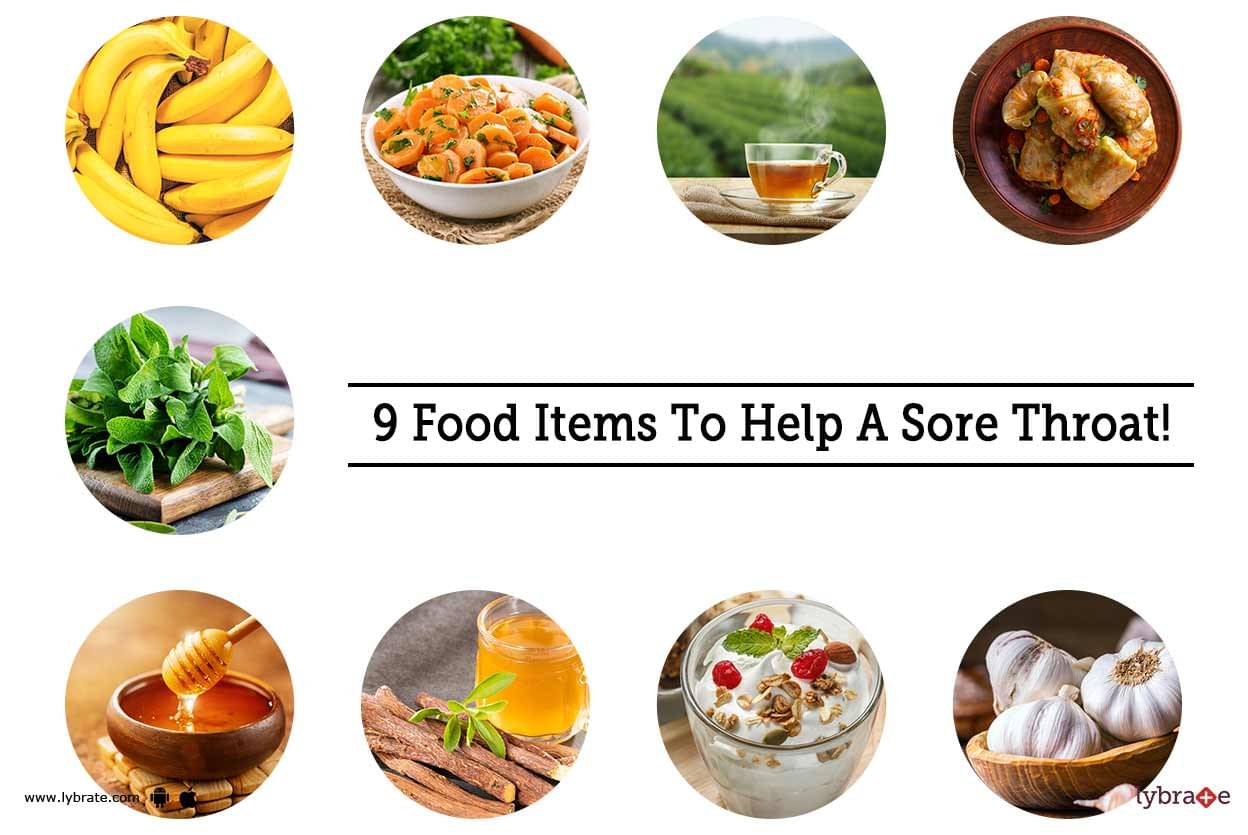Food and Drink to Help Sore Throat
Food and drink to help sore throat: A scratchy throat can be incredibly uncomfortable, making even swallowing painful. But before you reach for that sugary cough syrup, consider the power of simple, natural remedies. This guide explores the best foods and drinks to soothe your sore throat, from comforting broths to vitamin-rich fruits, offering relief and helping you get back to feeling your best.
We’ll delve into the science behind why certain foods and drinks work so well, exploring hydration’s crucial role, the benefits of specific nutrients, and the importance of avoiding irritants. We’ll also cover when a sore throat might signal something more serious and when professional medical advice is necessary. Get ready to discover how simple dietary changes can significantly impact your recovery.
Foods and Drinks for Sore Throat Relief
A sore throat, that scratchy, painful sensation in your throat, is a common ailment often caused by viral infections like the common cold or flu, bacterial infections (strep throat), or irritants such as dry air or allergens. Understanding the underlying causes helps in choosing the right remedies. Certain foods and drinks can soothe the discomfort and promote healing by providing hydration, reducing inflammation, and coating the irritated throat lining.
The severity of your sore throat can guide your food and drink choices.
Common Causes of Sore Throats
Sore throats stem from various sources, including viral infections (like the common cold or influenza), bacterial infections (such as streptococcal pharyngitis, or strep throat), exposure to irritants (dry air, smoke, pollutants), and allergic reactions (to pollen, pet dander, etc.). Understanding the cause isn’t always necessary for relief, but it’s important for knowing when to seek medical attention.
Mechanisms of Sore Throat Soothing

Many foods and drinks alleviate sore throat symptoms through several mechanisms. Hydration is key, as fluids help thin mucus and keep the throat moist. Warm liquids can have a relaxing effect, while certain ingredients possess anti-inflammatory or analgesic properties. Cool foods can numb the throat and provide temporary relief from pain.
Choosing Foods and Drinks Based on Severity
For mild sore throats, simple hydration with water or herbal tea might suffice. As the severity increases, incorporating soothing foods like applesauce or yogurt can offer additional comfort. For severe or persistent sore throats, medical attention is crucial.
Hydration and Sore Throats
Adequate hydration is paramount in recovering from a sore throat. Fluids help to thin mucus, making it easier to clear from the throat and reducing congestion. They also keep the throat moist, preventing further irritation.
Benefits of Warm Water, Herbal Teas, and Broth

Warm water is a basic yet effective remedy. Its warmth soothes the throat, and the simple act of sipping can be comforting. Herbal teas, like chamomile or ginger, offer additional benefits due to their anti-inflammatory properties. Broth provides hydration and electrolytes, which can be lost through illness.
Comparison of Fluids for Sore Throat Relief
While warm liquids are generally preferred, some individuals find cool liquids more soothing. The best choice depends on personal preference and the severity of the symptoms. Avoid sugary drinks, which can further irritate the throat.
Soothing Foods for Sore Throats
Foods with smooth, cool, and creamy textures are easiest on a sore throat. These textures minimize further irritation to the already inflamed tissues. Additionally, foods rich in vitamins C and antioxidants can support the immune system and aid in healing.
Foods Rich in Vitamins C and Antioxidants, Food and drink to help sore throat
Vitamin C is a powerful antioxidant that supports immune function, helping the body fight off infection. Foods rich in vitamin C include citrus fruits (oranges, lemons), berries, and bell peppers. Other antioxidants, found in various fruits and vegetables, combat inflammation and cellular damage.
Examples of Soothing Foods
- Applesauce: Smooth, cool, and easy to swallow.
- Mashed potatoes: Creamy and gentle on the throat.
- Yogurt: Creamy and rich in probiotics, which support gut health.
- Oatmeal: Soothing and easily digestible.
- Bananas: Soft, potassium-rich, and easy to swallow.
Foods and Drinks to Avoid
Certain foods and drinks can exacerbate sore throat symptoms, prolonging discomfort and potentially causing further irritation. Avoiding these irritants is crucial for faster recovery.
Irritants and Allergens to Avoid
Acidic foods and drinks (citrus juices, tomatoes), spicy foods, and highly processed foods can all irritate the throat. Alcohol and caffeine can dehydrate, worsening the situation. If you suspect a food allergy or intolerance is contributing to your sore throat, avoid those specific foods.
Reasons for Avoiding Certain Foods
Acidic foods can increase burning and inflammation. Spicy foods stimulate nerve endings, intensifying pain. Highly processed foods often lack nutritional value and can contribute to inflammation.
Herbal Remedies for Sore Throats
Herbal teas have long been used for sore throat relief, offering a natural and often soothing approach.
Chamomile and Ginger Teas
Chamomile tea has calming and anti-inflammatory properties, helping to reduce throat irritation. Ginger tea is known for its anti-inflammatory and analgesic effects, potentially easing pain and discomfort.
Creating a Comforting Sore Throat Diet Plan
A sample one-day meal plan might include:
- Breakfast: Oatmeal with banana slices and a sprinkle of cinnamon.
- Lunch: Chicken broth with soft cooked vegetables.
- Dinner: Mashed sweet potatoes with baked chicken.
- Snacks: Yogurt, applesauce, or chamomile tea.
Portion sizes should be adjusted based on individual needs and appetite. The key is to consume a variety of foods while avoiding irritants.
When to Seek Medical Attention: Food And Drink To Help Sore Throat
While most sore throats resolve on their own, some warrant medical attention.
Signs Requiring Medical Consultation
Seek medical attention if your sore throat is accompanied by high fever, difficulty swallowing or breathing, severe pain, or if symptoms persist for more than a week. A persistent sore throat could indicate a more serious condition such as strep throat or tonsillitis.
Importance of Medical Advice
Prompt medical evaluation is crucial to rule out serious conditions and receive appropriate treatment. Early intervention can prevent complications.
Additional Tips for Sore Throat Management
Beyond diet, several strategies can aid in sore throat management.
Rest, Humidity, and Avoiding Irritants
Rest is essential for the body to heal. Maintaining adequate humidity can prevent throat dryness. Avoid smoke, pollutants, and other irritants.
Gargling with Salt Water
Gargling with warm salt water can help to soothe the throat and reduce inflammation.
Over-the-Counter Pain Relievers
Over-the-counter pain relievers, such as ibuprofen or acetaminophen, can help to reduce pain and fever. Always follow package instructions.
Ultimately, conquering a sore throat often comes down to simple yet effective strategies. By focusing on hydration, consuming soothing foods and drinks, and avoiding irritants, you can significantly ease discomfort and promote healing. Remember, while home remedies can provide substantial relief, persistent or worsening symptoms always warrant a visit to your doctor. Take care of your throat, and you’ll be back to enjoying your favorite foods and drinks in no time!
Share this content:
